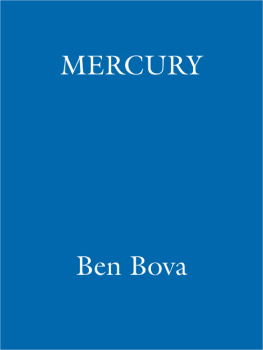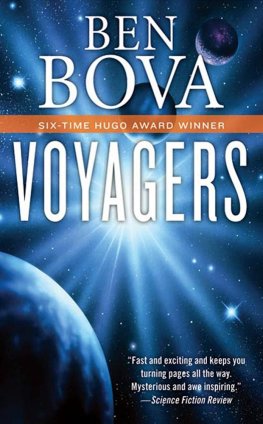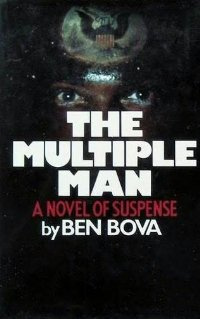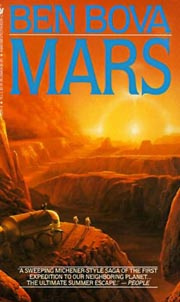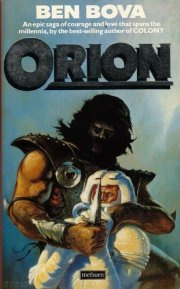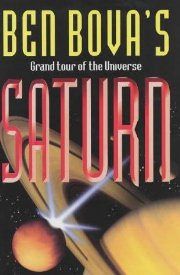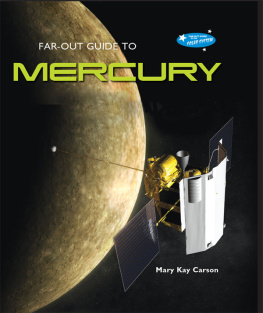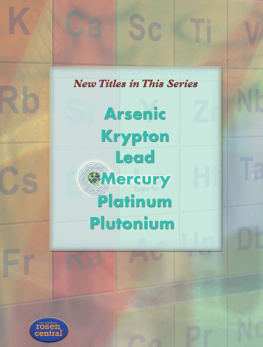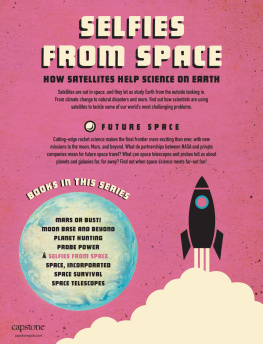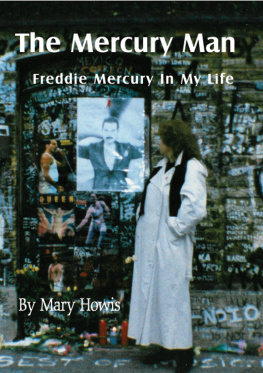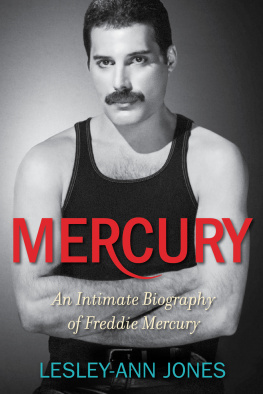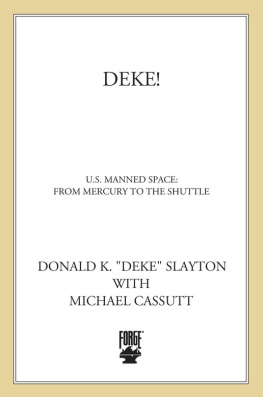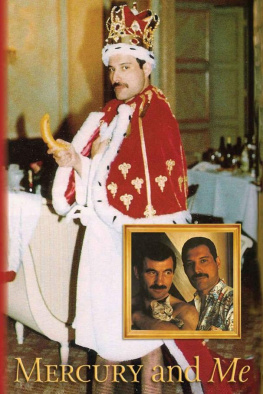Mercury
Ben Bova

www.hodder.co.uk
Also by Ben Bova
Mars
Return to Mars
Death Dream
Brothers
Moonrise
Moonwar
Venus
Jupiter
Saturn
The Precipice
The Rock Rats
The Silent War
First published in Great Britain in 2005 by Hodder and Stoughton
An Hachette UK Company
Copyright 2005 by Ben Bova
The right of Ben Bova to be identified as the Author of the Work has been asserted by him in accordance with the Copyright, Designs and Patents Act 1988
All rights reserved.
No part of this publication may be reproduced, stored in a retrieval system, or transmitted, in any form or by any means without prior written permission of the publisher, nor be otherwise circulated in any form of binding or cover other than that in which it is published and without a similar condition being imposed on the subsequent purchaser.
All characters in this publication are fictitious and any resemblance to real persons, living or dead is purely coincidental.
A CIP catalogue record for this title is available from the British Library
Epub ISBN 9781444723588
Book ISBN 9780340823958
Hodder and Stoughton Ltd
338 Euston Road
London NW 1 3BH
www.hodder.co.uk
To the memory of my friend and colleague, the star-seeker Robert L. Forward; and to A.D., of course; but most of all to the beauteous Barbara
Acknowledgements
My thanks once again to Jeff Mitchell, who really is a rocket scientist from MIT; to Steven Howe, as bright and innovative a physicist as I ever met; and to David Gerrold, whose description of a beanstalk in his novel Jumping off the Planet is the best I have seen: true friends in need, each one of them.
The epigraphs heading the prologue and main sections of this novel are from William Shakespeare, sonnets 29 and 123; Edgar Allan Poe, The Conqueror Worm; Dylan Thomas, Do Not Go Gentle into that Good Night; and Shakespeare again, Titus Andronicus, Act II, scene 3.
CONTENTS
Prologue: The Long Search
When, in disgrace with fortune and mens eyes,
I all alone beweep my outcast state...
As he had every night for more than twelve years Saito Yamagata wearily climbed the winding dark stone stairway to the top of Chota Lamaserys highest tower. He could feel the cold winter wind whipping down from the low entrance to the platform at the top. It was going to be a long, bitterly cold night. No matter. Yamagata was seeking atonement, not comfort. Atonement and something more.
Once he had been a giant of global industry. Yamagata Corporation had even reached beyond the Earth to build the first solar power satellites. Men trembled at his slightest frown; fortunes were made when he smiled. Then he had been struck down by an inoperable brain cancer and died.
That had been Yamagatas first life. Yamagatas only legitimate son, Nobuhiko, had personally administered the lethal injection that allowed the doctors to pronounce him clinically dead. More carefully than an ancient pharaoh, Yamagata was preserved in a stainless steel sarcophagus filled with liquid nitrogen to await the day when his tumor could be safely removed and he might be brought back to life.
By the time he was cured and revived, Nobu was physically the same age as his father. Yamagata burst into laughter when he first saw his son: it was like looking into the mirror when he shaved. With great wisdom, he thought, Yamagata declined to resume his position at the head of the corporation. Nobu had done well, and to demote him now would shame his son intolerably. So the elder Yamagata retired to this lamasery carved into the distant Himalayas to contemplate his first life. However, he did not live as the lamas did; he had comfortable furniture and decorations carried laboriously up the mountains to his bare stone cell. He maintained contact with the outside world through the latest electronic communications systems, including a satellite relay lofted especially for him alone. To the despair of the grand lama, who earnestly wanted to teach Yamagata the way to enlightenment, he brought in his own cook and even managed to gain weight. And he began to write his memoirs.
Perhaps because he dwelt on his former life, Yamagata found it impossible to stay entirely away from the corporation he had founded. He spoke to his son often over the videophone system in his quarters. He began to offer advice to Nobu. He envisioned a grand plan for Yamagata Corporation, a plan that extended far beyond the Earth. He led the corporation into the Asteroid Wars.
It took the slaughter of the Chrysalis habitat to shock Yamagata into realizing what he had done. More than a thousand helpless men, women and children were massacred senselessly, needlessly.
I did not order the attack, he told himself. Yet he found that he could not sleep. Even his cooks most tempting preparations became tasteless, unappetizing to him. In his minds eye he kept seeing those terrified innocent people screaming in helpless horror as their space habitat was torn apart.
It took Yamagata many weeks to realize that he felt more than guilt. For the first time in his lives he felt shame. He was ashamed of what he had set in motion. I did not order the attack, he repeated to himself. Still, it was the inevitable consequence of the war that I willingly started.
Unsure of himself for the first time in his life, racked by a sense of shame he had never felt before, Yamagata begged for a private audience with the grand lama, hoping the old man could soothe his inner turmoil.
There has been a tragedy, he began, hesitantly.
The grand lama waited for him to continue, sitting in silent patience on the low couch of his chamber, his head shaved bald, his ascetic face bony, hollow-cheeked, his dark mahogany eyes squarely on Yamagata.
There is a war going on in space, Yamagata continued. Far from here. In the Asteroid Belt.
Even here, such rumors have been whispered, said the grand lama, his voice little more than a soft murmur.
A few days ago more than a thousand people were killed, Yamagata stumbled on. Slaughtered. In a space habitat.
The lamas lean face went gray.
His heart pounding, Yamagata finally blurted, It may have been my fault! I may have caused their deaths!
The grand lama clutched at his saffron robe with both hands. Yamagata thought the old man was having a heart attack. He stood before the lama, stiff with shame and guilt, silent because he had no words to express what he felt.
When at last the grand lama recovered his self-control he looked into Yamagatas eyes with a stare that pierced to his very soul.
Do you accept responsibility for these murders? the lama asked, his voice now hard as iron.
It was not easy for a man of Yamagatas pride and power to stand there humbly asking forgiveness from this aged robed lama. He feared that the old man would expel him from the lamasery, shame him, accuse him of polluting the very air they were breathing.
I do, he whispered.
The grand lama said, For more than four years you have lived among us, but not as one of us. You have used our sanctuary and our way of life for your personal convenience.
Yamagata said nothing. It was true.
Slowly, in words as hard and unyielding as the stones of the mountain aerie itself, the grand lama told Yamagata that he must seek true atonement or suffer the deadly weight of guilt forever.
Next page
